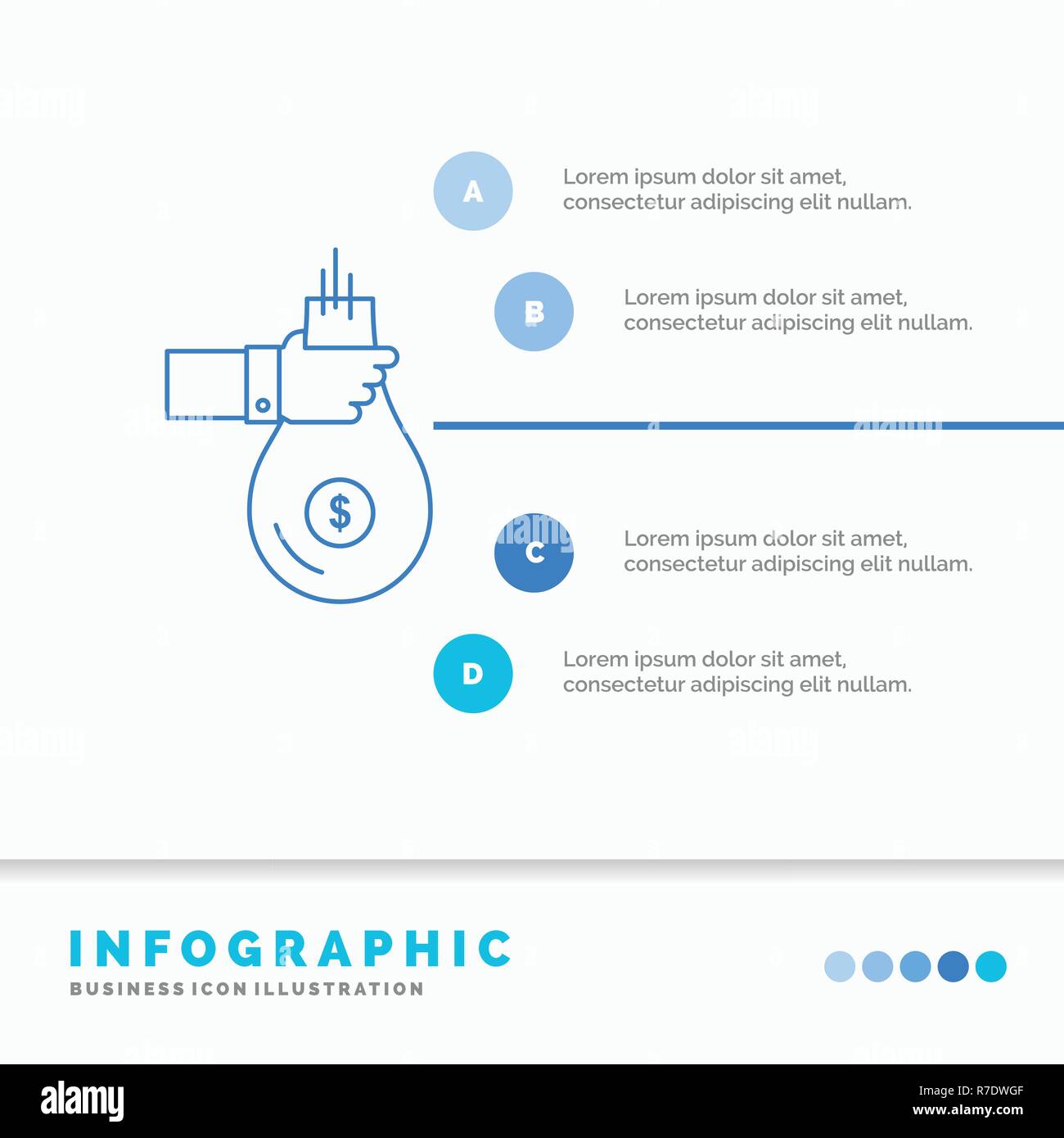C-Corporation Tax Technique Techniques

Writer-Cannon Ford
When it involves tax planning for C-Corporations, you need to focus on maximizing reductions and credit ratings while ensuring conformity with tax regulations. By identifying deductible costs and leveraging readily available tax incentives, you can significantly reduce your liabilities. But that's simply the beginning. Browsing the complexities of income distribution and preserved revenues can even more enhance your tax efficiency. So, what techniques can you implement to really enhance your economic position?
Maximizing Reductions and Credit Histories
To make best use of deductions and credit scores for your C-Corporation, it's essential to understand the different expenditures that qualify.
Start by identifying operating costs like wages, rent, and utilities. These are usually insurance deductible, so maintain accurate documents.
Do not ignore business-related travel expenses, which can likewise minimize your gross income.
Additionally, take into consideration the advantages of devaluation on properties, as it permits you to spread out the cost of a possession over its helpful life.
Research study available tax credit histories, like those for research and development or working with specific employees, as they can dramatically reduce your tax concern.
Navigating tax Compliance and Coverage
While handling your C-Corporation's finances, you can't ignore the value of tax conformity and reporting. Staying certified with federal, state, and neighborhood tax regulations is crucial to avoid fines and audits. Ensure gross receipts tax keeping up with deadlines for filing tax returns and making estimated repayments.
Organizing your economic documents is important; preserve precise books and supporting documentation for all deals. Utilize tax prep work software application or consult a tax obligation specialist to ensure you're correctly reporting revenue, deductions, and credit scores.
On a regular basis assess your tax method to adapt to any kind of modifications in tax legislations. Remember, aggressive compliance not just lessens risks but likewise enhances your company's reputation with stakeholders. Maintaining whatever in order will certainly save you time and anxiety over time.
Strategic Earnings Distribution and Kept Profits
After ensuring conformity with tax legislations, it's time to concentrate on how you disperse earnings and manage maintained revenues within your C-Corporation.
A strategic technique to income circulation can aid decrease your general tax obligation. Think about paying dividends to investors, but bear in mind that this will certainly activate dual tax.
Alternatively, you could keep profits to reinvest in business, which can promote development and defer tax obligations. Stabilizing these options is vital; excess kept earnings may draw in analysis from the internal revenue service, while excessive distribution might hinder your business's development.
Regularly analyze your monetary objectives and speak with a tax obligation expert to optimize your approach, ensuring you're effectively managing both circulations and retained revenues for long-lasting success.
Conclusion
Finally, reliable tax planning for your C-Corporation is critical for making best use of reductions and debts while making sure conformity. By purposefully managing revenue distribution and maintaining incomes, you can maximize tax efficiency and support your business goals. Regularly consulting with tax experts keeps you notified concerning changing regulations and helps you adjust your strategies accordingly. Keep https://squareblogs.net/willy8eldridge/are-you-well-informed-about-the-essential-differences-in-between-federal-and and make notified decisions to decrease your tax responsibilities and urge growth in your firm.

